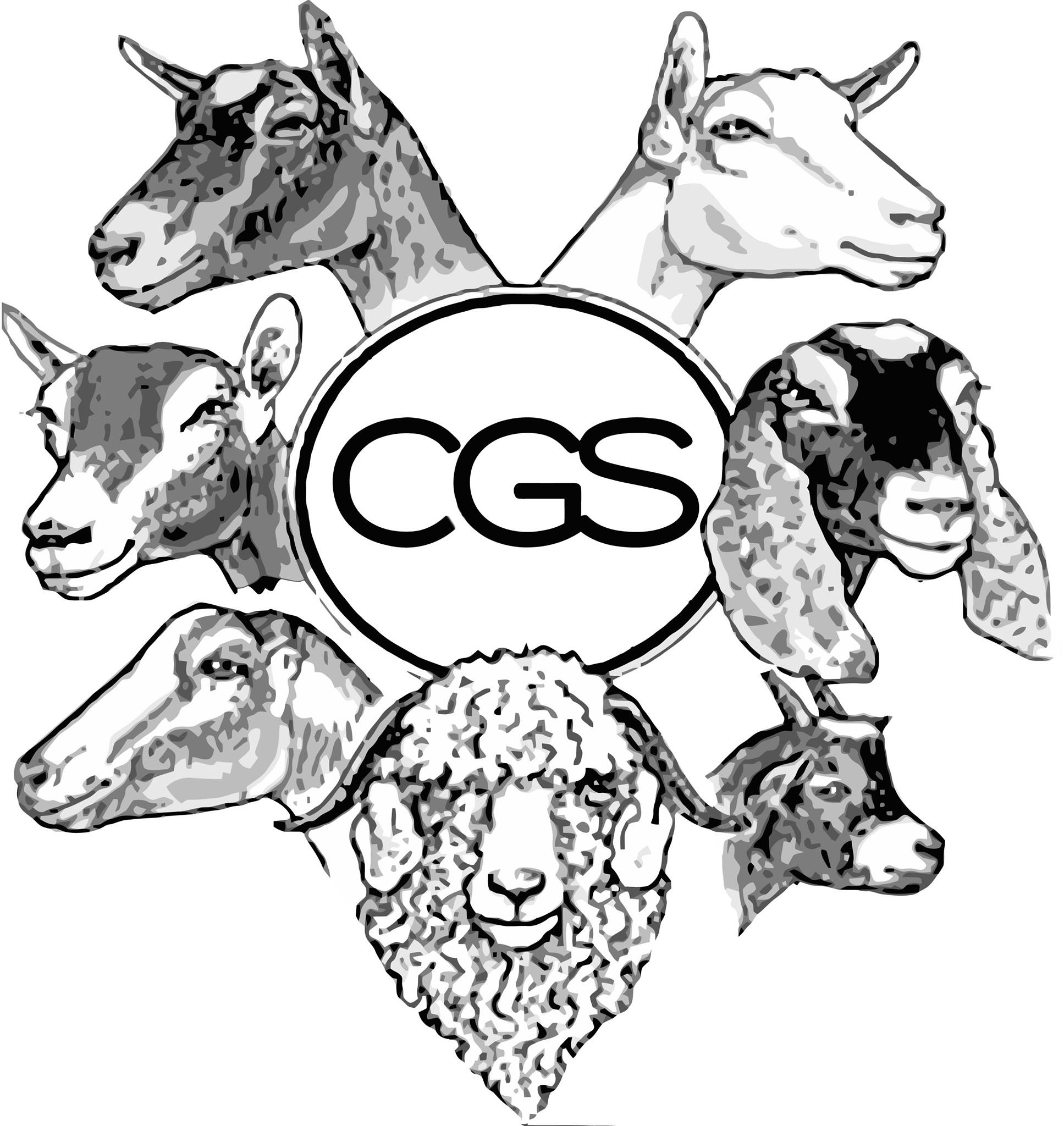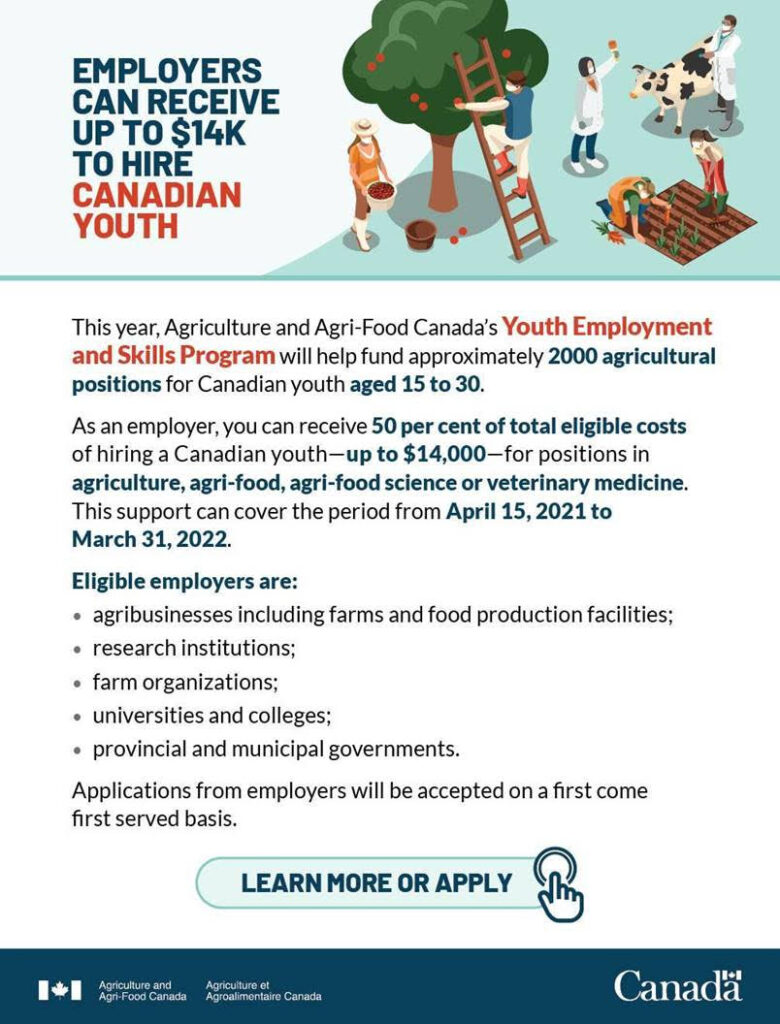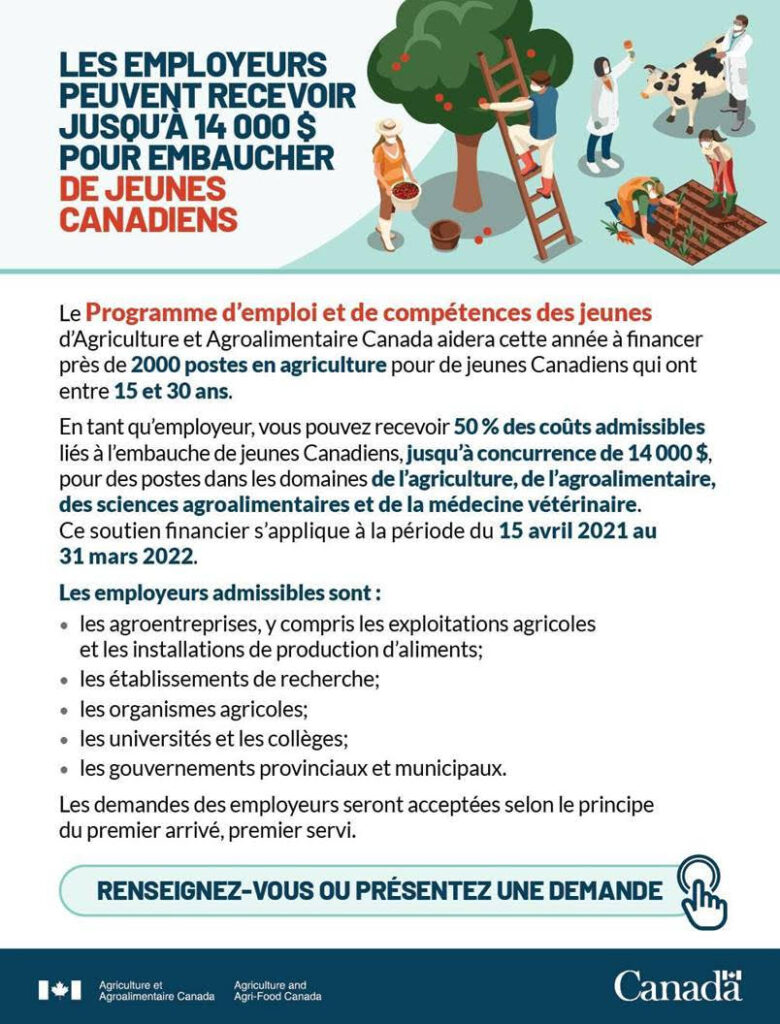(le français suit)
Dear Stakeholder / Cher Intervenant,
The Canadian Food Inspection Agency (CFIA) is pleased to announce that we have published the proposed Feeds Regulations, 2022 in Canada Gazette, Part 1. We have launched a 90-day public consultation from June 12 to September 10, 2021, to gather feedback from stakeholders.
Why is it necessary to make changes to the current Feeds Regulations?
The last comprehensive review of the Feeds Regulations took place in 1983. Regulatory changes are needed to keep pace with changes in innovation, risk management, international standards, science and technology and to develop a modernized risk- and outcome-based regulatory framework for feeds.
Proposed amendments to the Feeds Regulations include new requirements for hazard analysis, preventive controls, traceability, record-keeping, and licencing. These changes will better align with international regulatory frameworks and best practices. This will enable CFIA and regulated sectors to better understand and manage risks that livestock feeds pose to animal health, human health and the environment.
What are the impacts to industry?
During this consultation we are seeking feedback from the public, academia, other government departments, organizations or individuals with an interest in livestock feeds in Canada. These changes are proposed and have not come into effect.
We want to hear from you!
We encourage you to review the proposal and connect with us should you have any questions regarding the proposed regulatory package.
You can participate in this consultation in different ways:
- Read the proposed regulations in Canada Gazette, Part I and submit your comments using the online regulatory consultation system
- Read the proposed documents incorporated by reference
- Read the fact sheets and guidance documents to better understand the proposed regulations
- Join a webinar
For further information, please contact:
Laura Scott
Animal Feed and Veterinary Biologics Division
Canadian Food Inspection Agency
Email: cfia.feedregmodernization-modernisationregbetails.acia@inspection.gc.ca
Your feedback is important to us. We encourage you to share this message with interested parties.
Many thanks,
=======
L’Agence canadienne d’inspection des aliments (ACIA) a le plaisir d’annoncer que nous avons publié le projet de Règlement sur les aliments du bétail, 2022 dans la Gazette du Canada, Partie 1. Nous avons lancé une consultation publique de 90 jours, du 12 juin au 10 septembre 2021, afin de recueillir les commentaires des intervenants.
Pourquoi est-il nécessaire d’apporter des modifications au Règlement sur les aliments du bétail ?
Le dernier examen approfondi du Règlement sur les aliments du bétail remonte à 1983. La réglementation actuelle se concentre sur les produits (par exemple, l’enregistrement, les normes et l’étiquetage) avec peu ou pas d’exigences qui s’appliquent aux processus (par exemple, les normes de fabrication et la tenue de registres). Des modifications réglementaires sont nécessaires pour suivre le rythme des changements touchant l’innovation, la gestion des risques, les normes internationales, la science et la technologie.
Les modifications proposées au Règlement sur les aliments du bétail sont nécessaires pour établir un cadre de sécurité pour les aliments du bétail qui comprend une analyse des dangers, des contrôles préventifs, la traçabilité, des exigences accrues en matière de tenue de registres et l’octroi de licences. Ces modifications permettront une plus grande harmonisation avec les cadres réglementaires internationaux et les meilleures pratiques. L’ACIA et les secteurs réglementés pourront ainsi mieux comprendre et gérer les risques que les aliments du bétail posent pour la santé animale, la santé humaine et l’environnement.
Quelles sont les répercussions sur l’industrie ?
Au cours de cette consultation, nous cherchons à obtenir les commentaires du public, du milieu universitaire, d’autres ministères, d’organisations ou de personnes ayant un intérêt dans les aliments pour animaux au Canada. Ces changements sont proposés et ne sont pas encore entrés en vigueur.
Nous voulons avoir de vos nouvelles !
Nous vous encourageons à examiner la proposition et à nous contacter si vous avez des questions concernant le paquet réglementaire proposé.
Vous pouvez participer à cette consultation de différentes façons :
- Lisez le règlement proposé dans la Gazette du Canada, partie I et présentez vos commentaires à l’aide du système de consultation réglementaire en ligne
- Lisez les documents proposés incorporés par renvoi
- Lisez les feuillets d’information et les documents d’orientation pour mieux comprendre le règlement proposé
- Inscrivez-vous à un webinaire
Pour de plus amples informations, veuillez contacter :
Laura Scott
Division des aliments pour animaux et des produits biologiques vétérinaires
Agence canadienne d’inspection des aliments
Courriel : cfia.feedregmodernization-modernisationregbetails.acia@inspection.gc.ca
Vos commentaires sont importants pour nous. Nous vous encourageons à partager ce message avec les parties intéressées.
Cordialement,
David Svab
Director
Animal Feed and Veterinary Biologics Division
Canadian Food Inspection Agency / Government of Canada
David.Svab@inspection.gc.ca / Tel: 613-773-7809 / Mob: 613-203-4006
Directeur
Division des aliments pour animaux et des produits biologiques vétérinaires
Agence canadienne d’inspection des aliments / Gouvernement du Canada
David.Svab@inspection.gc.ca / Tél. : 613-773-7809 / Mob : 613-203-4006


